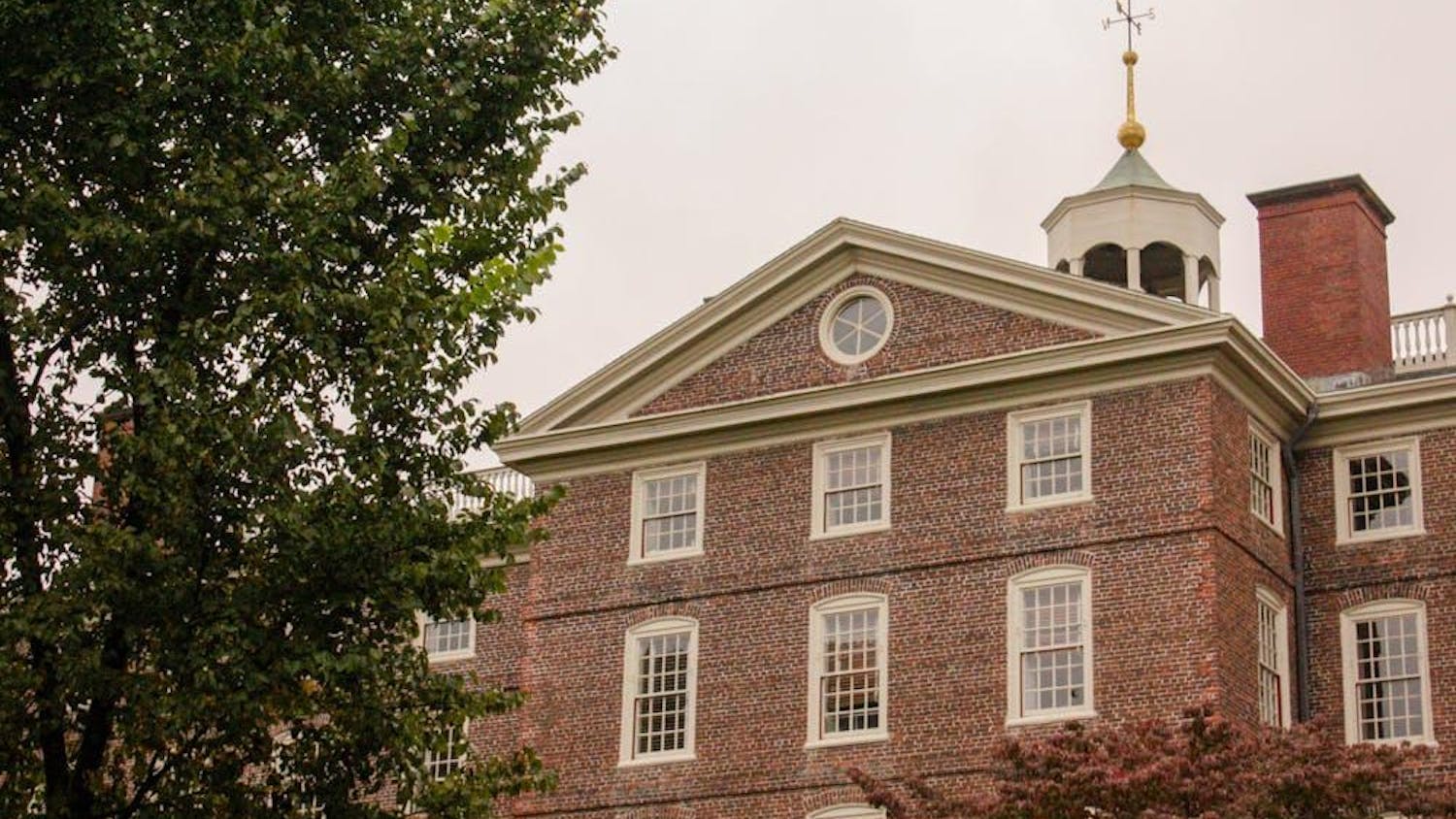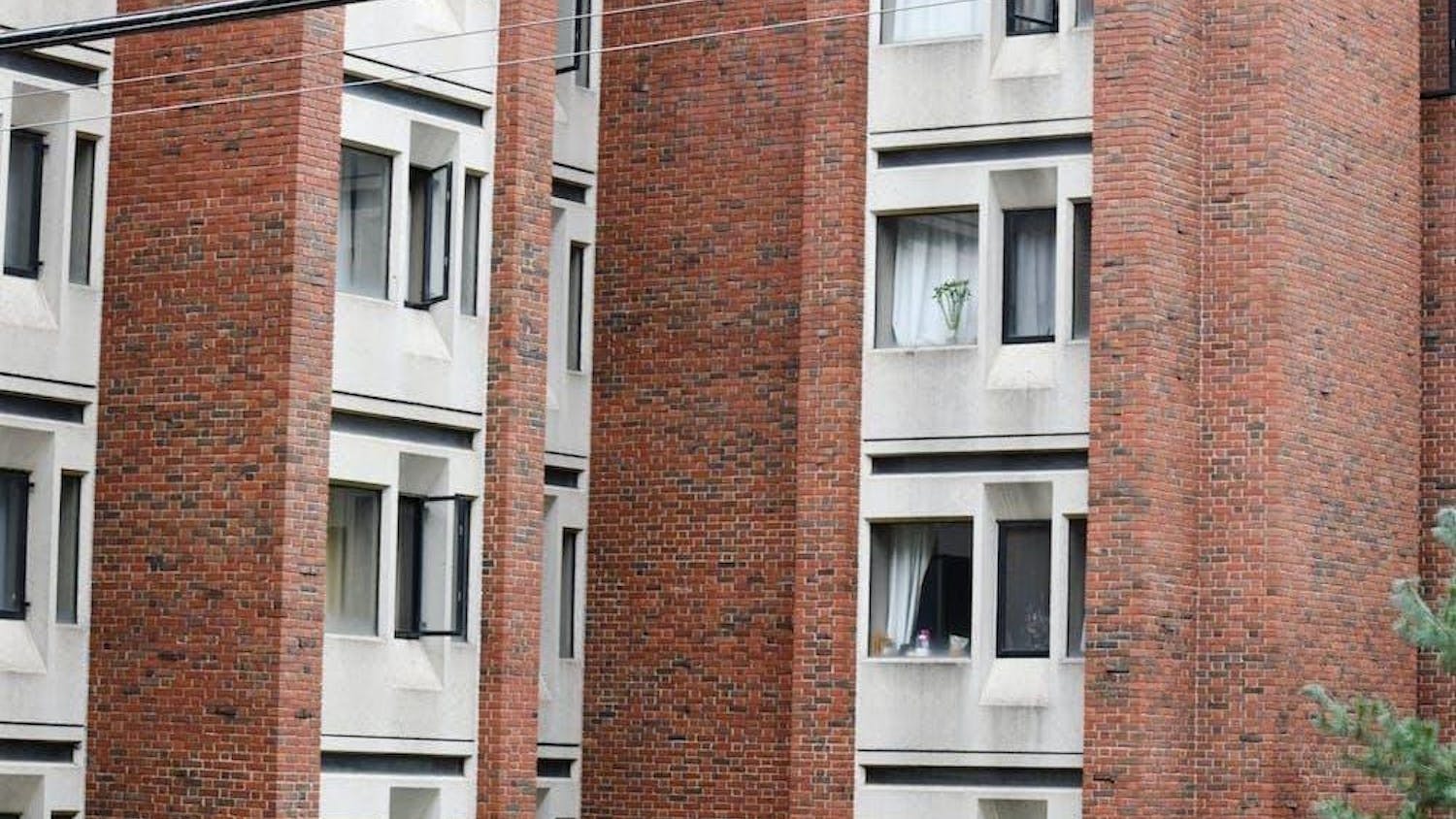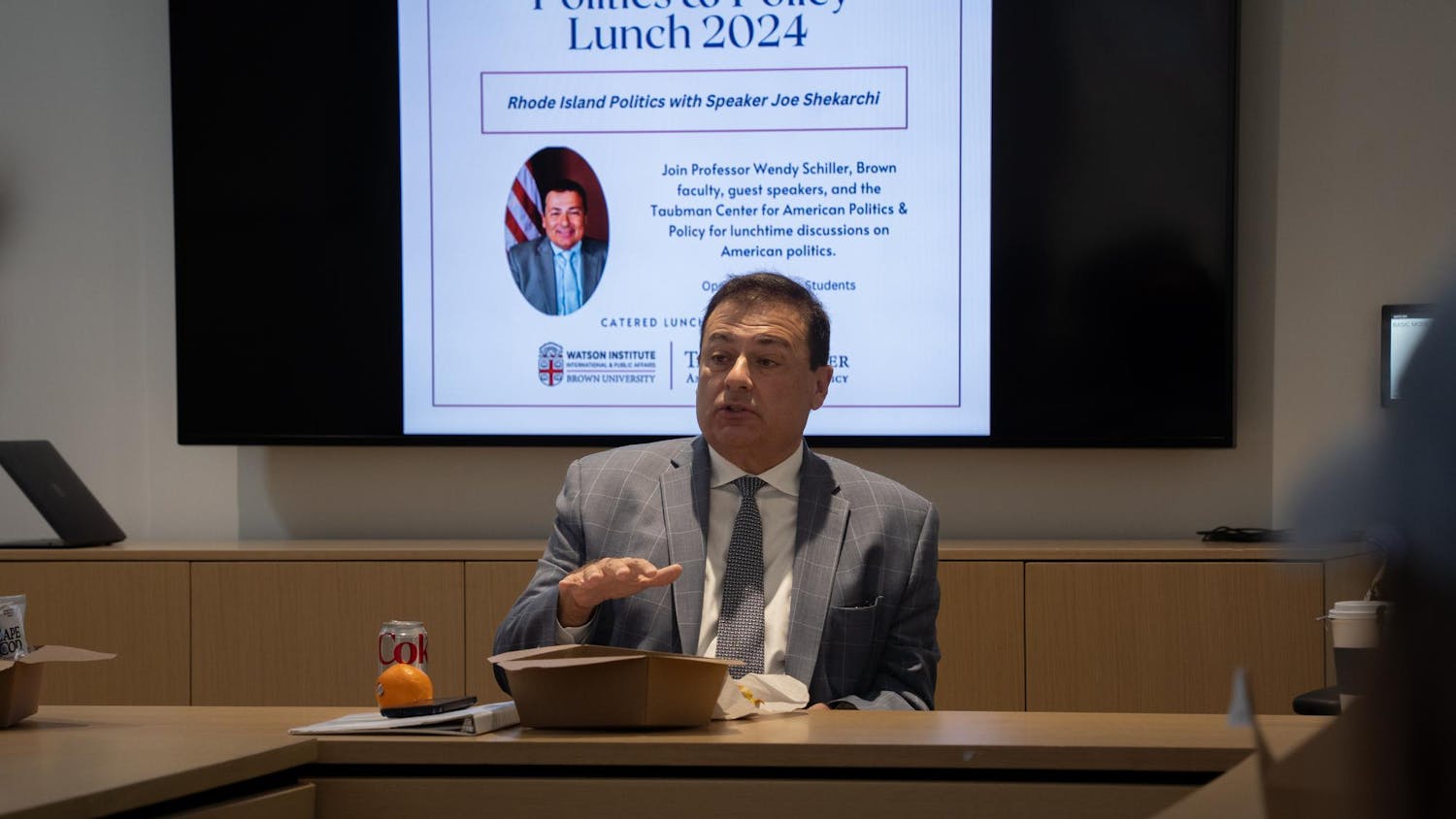As the University looks to increase the size and prestige of its graduate programs in coming years, some graduate students are concerned about the availability of housing near campus and the lack of community sparse real estate could cause.
Campus housing is not guaranteed for graduate students, and only 100 of the University’s 2,000 graduate students live in Brown-owned housing, wrote Dean of the Graduate School Andrew Campbell in an email to The Herald. Despite the fact that applications for 2016-2017 housing exceeded Brown-owned units, the University has no plans to build more graduate student housing, Campbell wrote.
In contrast, other universities in the Ivy League offer graduate students an array of on-campus housing options. Yale has 11 buildings dedicated solely to graduate student housing, including both apartments and dormitories, while Cornell has three, according to their websites. Yale and Cornell both have graduate student populations multiple factors larger than Brown’s.
Campbell pointed out that a private developer plans to build “market-rate housing in the Jewelry District that would be geared (toward) graduate, medical and nursing students.” The project is known as River House and will be constructed on the parking lot at Davol Square and designed to house 270 individuals.
Some graduate students feel “less integrated on campus” due to the lack of graduate student-designated housing, wrote Graduate Student Council President Aislinn Rowan GS in an email to The Herald. This is why one of the main goals of the GSC is to “facilitate community in the grad student population,” she added.
One of the issues with so many students living off campus is that “without the forced community of dormitories, it’s easy for students to become isolated within their departments or corners of the University,” Rowan wrote.
While Brown does provide assistance to students, faculty members and staff members in search of housing through its Office of Auxiliary Housing, graduate students may have difficulty finding affordable housing close to campus on College Hill, as “vacancy rates for apartments in the College Hill neighborhood are less than 5 percent,” Campbell wrote.
For Andrew Jones ’16 GS, a former Herald science and research editor and first-year master’s student, finding housing “was almost identical to finding off-campus housing senior year.” The only difference was that this year, he found his apartment on Craigslist. He lives with two graduate students and two undergraduates on Bowen Street, and they each pay $590 per month.
“I walk to work everyday, which is really convenient,” said David Boerma, a fourth-year graduate student in ecology and evolutionary biology who lives in a one-bedroom apartment close to campus. Boerma lives with his wife and pays $995 per month. He has lived in the same building since his first year but originally lived in a studio for $600 per month.
Boerma found his apartment through the Office of Auxiliary Housing and said that he feels “pretty tied-in” to campus.
Still, Boerma’s connections to other graduate students on campus are largely restricted to his department, he said. He feels a “sense of community” among students in his department because it often puts together events that bring grad students together.
Setting aside space specifically for graduate students is another of GSC’s ongoing initiatives. On campus there are currently three graduate student spaces: the Graduate Student Lounge located in Graduate Center, a couple study rooms in the Stephen Roberts ’62 Campus Center and a new study space in the Rockefeller Library.
“The only real space that can be used for social interaction is our lounge, and a single room is simply not sufficient for our needs,” Rowan wrote. The lounge is used for GSC events, various graduate student group meetings and classes, departmental recruitment events and thesis defense parties. Because of the high demand, the room is often reserved for long periods of time, which detracts from its intended function as an informal social space, Rowan wrote. The GSC is also unable to improve the space while it is so often utilized, she added.
A main obstacle to graduate students finding alternative spaces on campus is that most spaces are currently used by undergraduates. “Many graduate students are uncomfortable being in spaces where they may encounter undergrads whom they teach, supervise in research (and) grade exams for,” Rowan wrote. Though this implies that space would need to be reserved strictly for graduate students, Rowan wrote that the GSC is trying to capitalize on University expansion in order to alleviate space constraints.
“I have not really taken advantage of graduate student spaces,” Jones said. As a student in computer science, he has utilized the newly renovated eighth floor of the Sciences Library. “I feel like I have plenty of space and resources,” he said.





